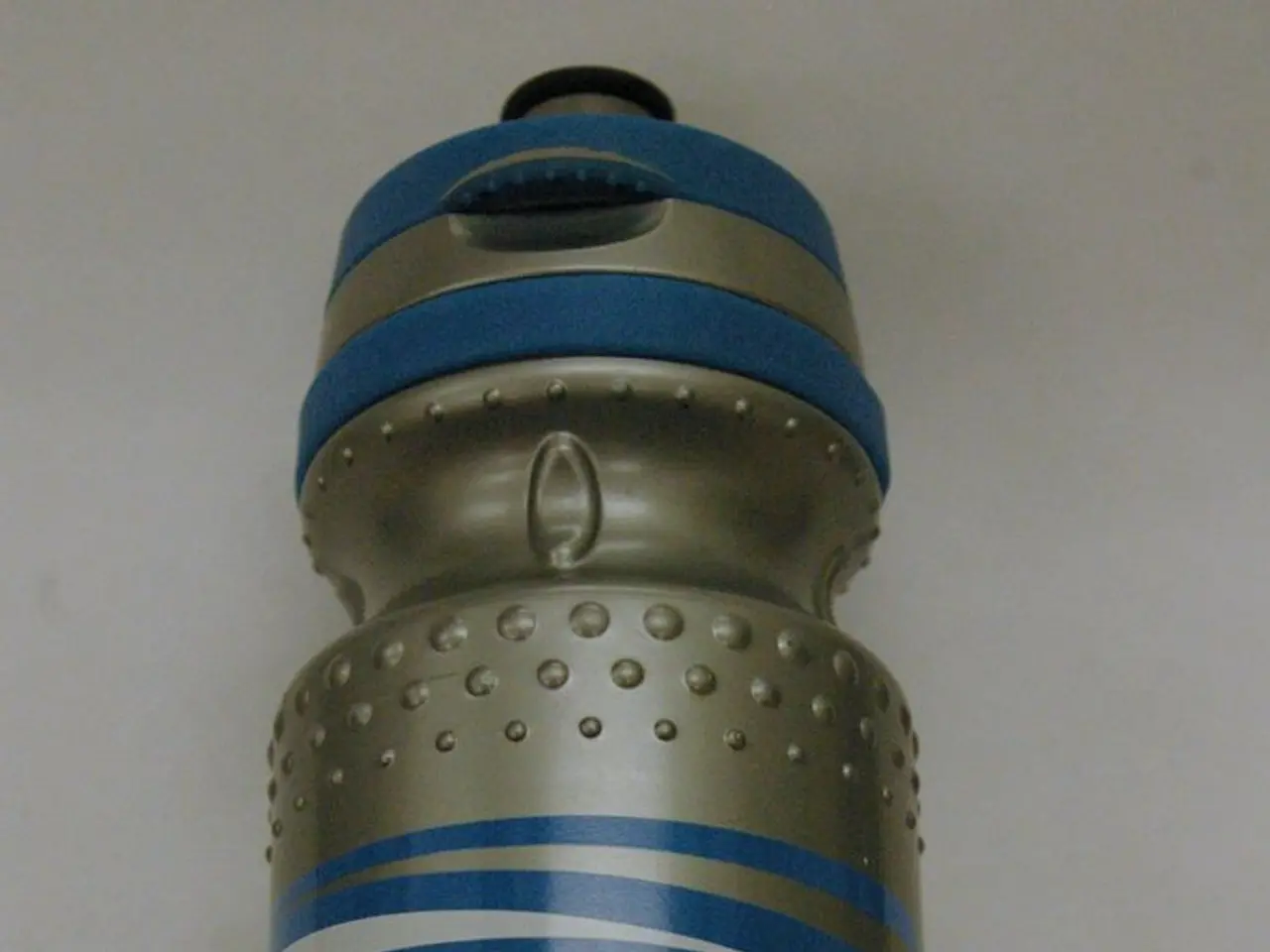Lausanne Dioxin Study Slammed by Experts for Methodology and Sample Size
A study by the University Hospital of Lausanne on dioxin exposure in the city has come under fire from experts. The study, which found minimal cancer risk among 100 residents, has been criticized for its methodology and sample size. The study mixed participants who consumed dioxin-contaminated produce from the study island with those who did not, diluting the exposure levels and potentially distorting risk identification. Furthermore, the exposed group was not compared with a non-exposed group outside of the study island, raising questions about the study's reliability. Authorities initially welcomed the study's conclusions, stating Lausanne residents were not more exposed to dioxins than elsewhere. However, the Canton of Vaud's Health Department commissioned the study due to concerns about dioxin pollution in the study island, with soil levels up to 32 times above federal norms. Some residents in the affected area have fallen ill with cancer, potentially due to dioxin exposure from the study island. Two esteemed experts, including Belgian toxicologist Alfred Bernard, have criticized the study's methodology, deeming it 'scientifically unfounded' and 'not reliable'. Italian specialist Agostino di Ciaula also questioned the study's methodology and sample size. The criticism of the Lausanne dioxin study has raised doubts about the authorities' decision not to conduct further investigations into cancer incidence among the Lausanne population. The study's methodology and sample size have been called into question, potentially undermining its findings of a minimal cancer risk from the study island.
Read also:
- Americans Lose Insurance Under New Tax Legislation, Affecting 10 Million Citizens
- Trump Signs Law Defunding Planned Parenthood, Threatening Healthcare Access for Millions
- Historian Ute Frevert Explores Germans' Emotional Bond With Constitutions
- Milei's Ideological Approach Reshapes Argentina's Foreign Policy







